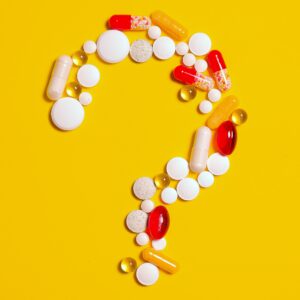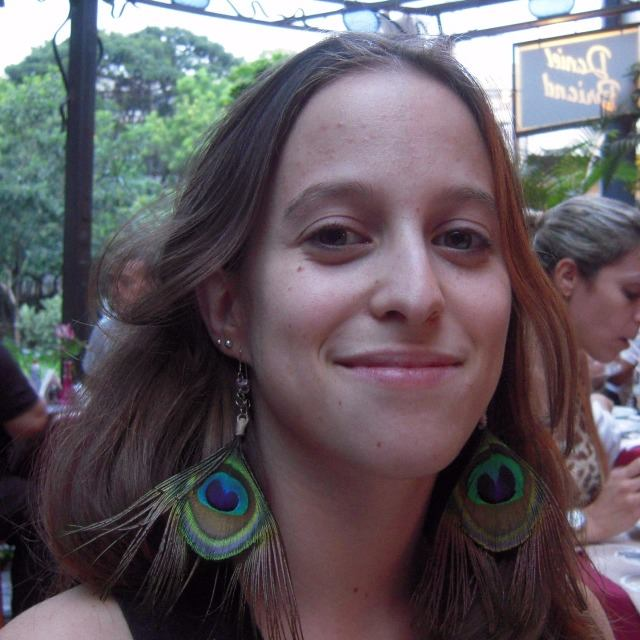
- This project has passed.
Installing a public owned generic medicines factory in Mozambique
YSI Pharma Webinar Series
Start time:
June 2, 2020 @ 10:15 am - 11:15 am
EDT
Location:
Online
Type:
Other

Speakers

Alila Brossard Antonielli
PhD Candidat
Description
Since 2003, the Brazilian government, relying on its experience of local production of antiretrovirals (ARV) and other generic medicines in its public plants, implements a cooperation agreement with the Government of Mozambique (GoM) to install locally a public owned pharmaceutical plant. This technological health development project sets itself apart from other initiatives promoting local pharmaceutical production in Africa, as it is neither a joint venture nor a branch of the Brazilian pharmaceutical laboratories. Rather, it is a situation whereby a state provides to another state, without charge, the technology, training and funding for the creation of a public-owned industry with public health purposes. Although it was at first conceived for a single illness, HIV/AIDS, it also differs from other international or global health initiatives. Recognizing that Mozambique’s health needs went beyond ARVs, the Ministry of Health included in the production portfolio essential medicines for diabetes and analgesics, among others.
Although the South-South Partnership aimed at narrowing the technological and knowledge gap, the analysis of the implementation process – including complying with regulation and certification norms for medicines – questions the wider gaps Low Income Countries face for absorbing and adapting industrial technologies. Indeed, the GoM relies heavily on donors’ funds for the state budget and for health products acquisition, limiting its ability to promote a public policy that could link local industrial development with public health purchase priorities. Nowadays, a major constrain is the economic sustainability of the public owned pharmaceutical plant.
This communication will analyze the process and challenges to accomplish the promise of producing affordable drugs locally to expand medicines access. The methodology for this research consists of qualitative interviews with public health experts and stakeholders; ethnographic observations at the public owned pharmaceutical factory in Mozambique; official documents and archives from the governments of Brazil and Mozambique.
Hosted by Working Group(s):
Organizers
Attendees
Sauman Singh
Kuba Malec
José Bruno Ramos Torres Fevereiro
Sebastian Cincelli
Cecilia Rikap
Bilal Moin
Fernanda Steiner Perin
Charles Wan
Remedios Lomax
Mrunal Vaidya
Christine Galunan